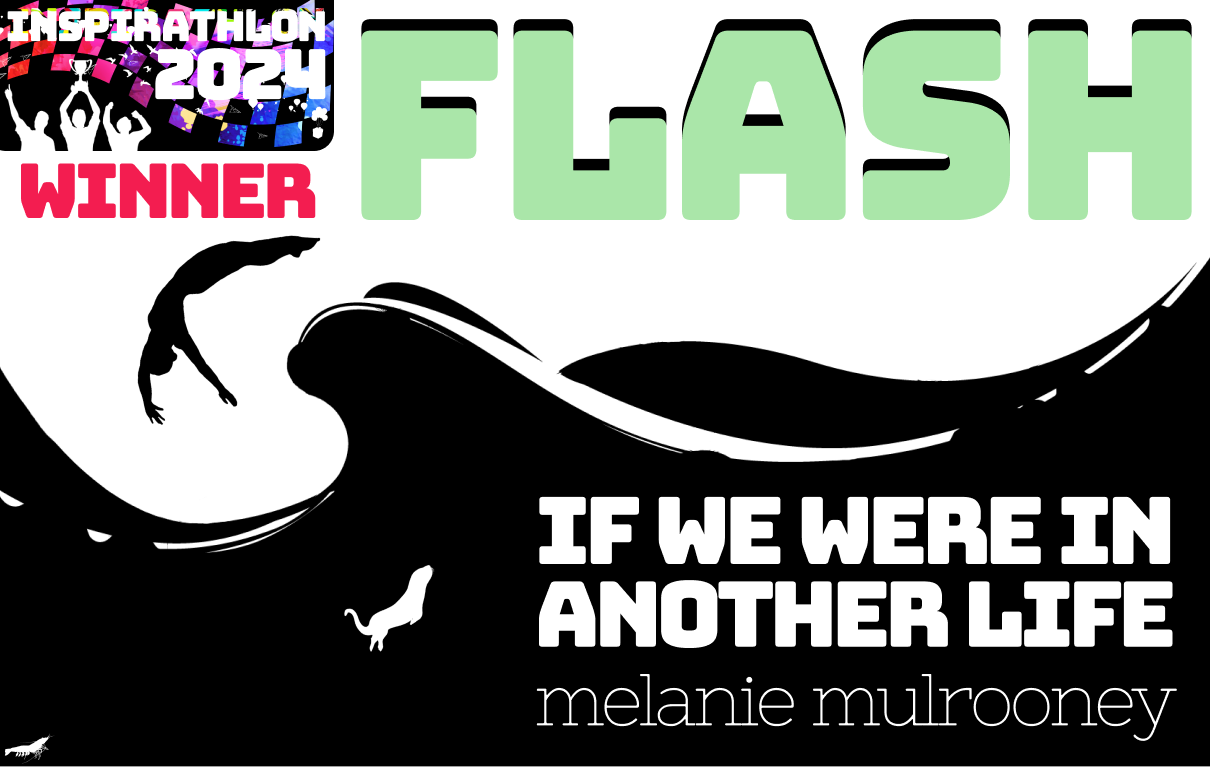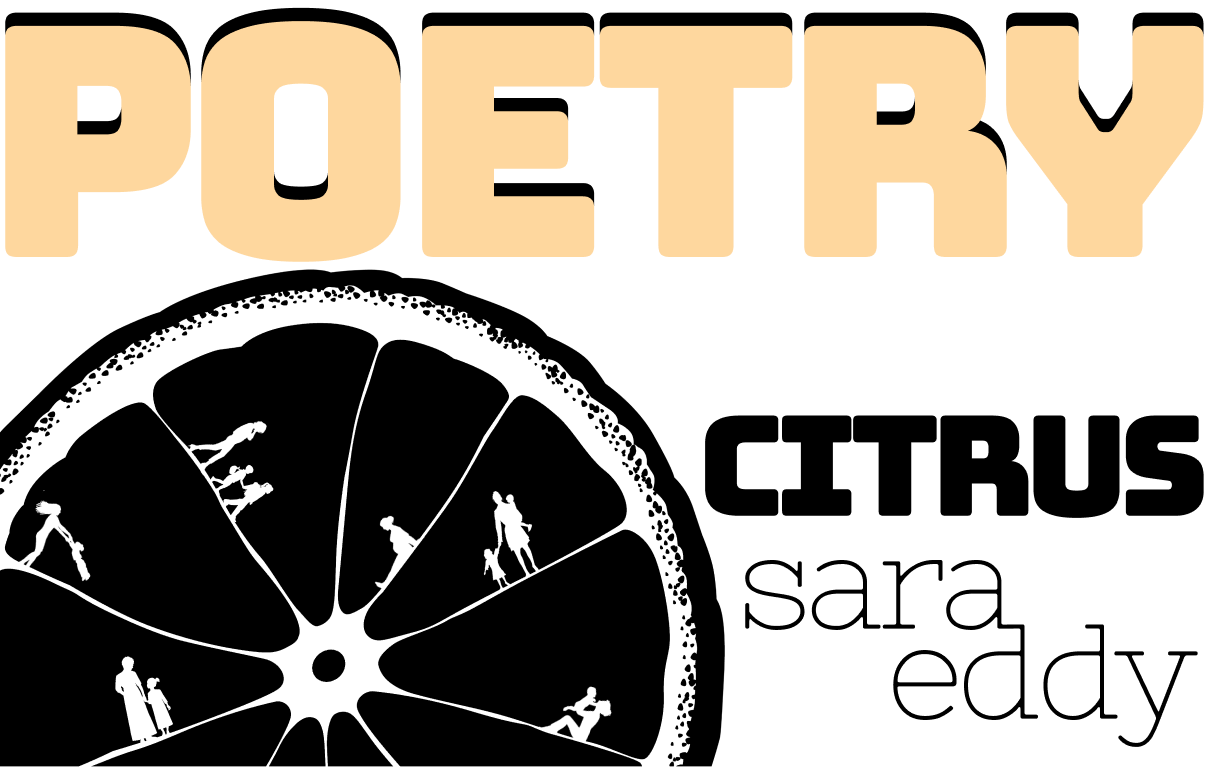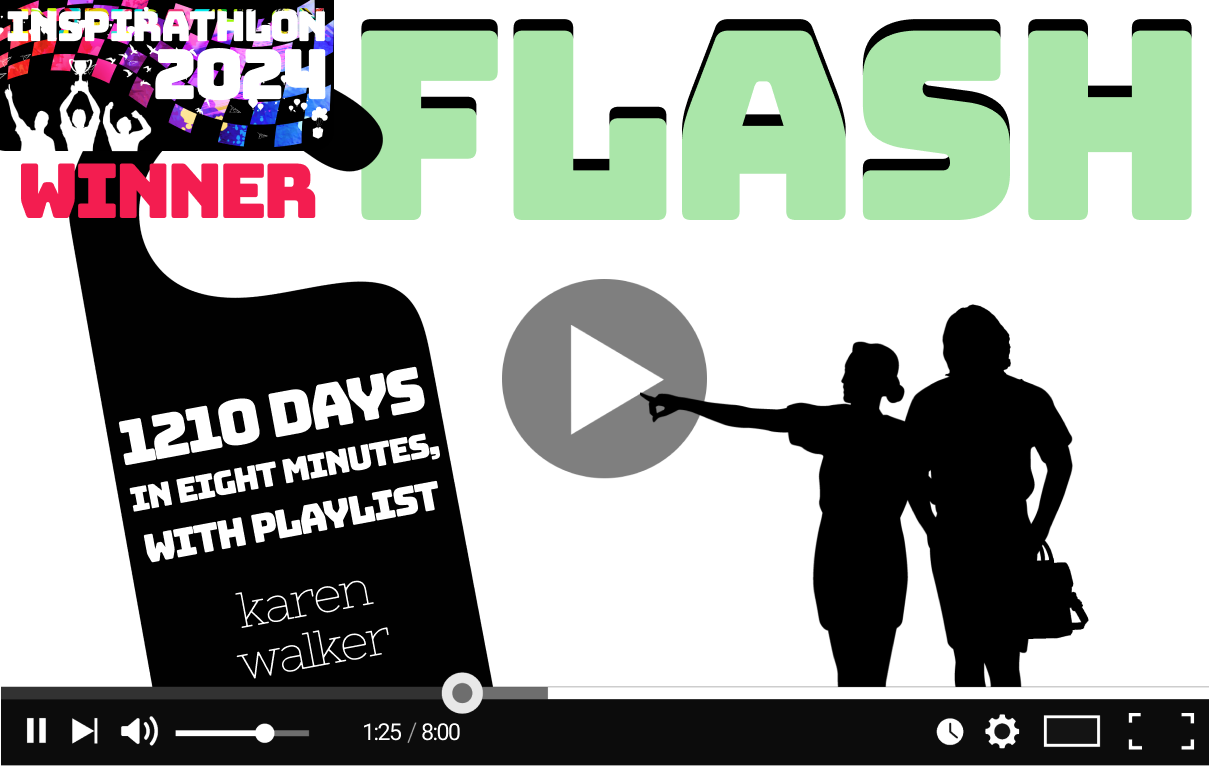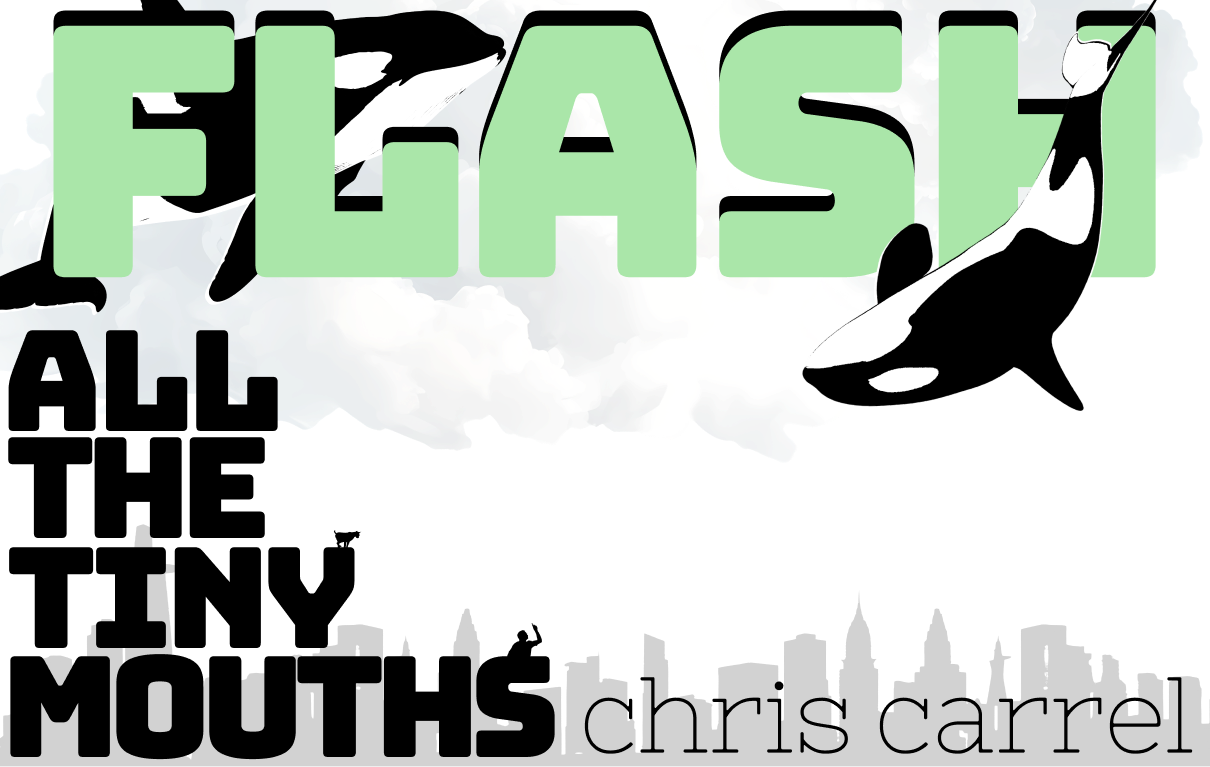
all the tiny mouths
There must have been hundreds of them, maybe thousands, but only on the one wall. They fit their small, black bodies closely together by pointing their wings upward, displaying the light tangerine colour beneath. In this way, they painted the wall a warm triptych that made her think of fall and nutmeg and cinnamon. Realizing she was holding her breath, Isabel exhaled, almost expecting to smell the warm spices.
They began to open and close their wings, as if called by a subtle breeze. The movement spread across the surface of the wall’s congregation and intensified, like an animal waking itself.
One by one, the impossible butterflies lifted softly into the air. As they reached the center of the room, they began to vanish. In a matter of minutes, they were all gone, leaving Isabel staring into their absence, searching for some proof they had ever been there.
“Would you be surprised if I told you this is not uncommon?” Her therapist arched an eyebrow provocatively and fixed Isabel in her gaze. “Therapists across the country are hearing similar reports. You are my fifth patient to experience this phenomenon.”
The previous two weeks had left Isabel worried that her chronic anxiety was worsening, possibly edging across the line into madness. She told Gilda about the Monarch butterflies, and the parade of leafcutter ants marching single file across the ceiling of the 173 bus with their leaf fragment trophies. She described her fear at the sight of the cougar lazing atop the dryer in the apartment building’s laundry room, and how it had watched her with magisterial indifference as she slowly backed out of the room and closed the door. She told her about the golden lion tamarins peering at her from the shelves at the hospital on Tuesday. They had returned to watch her this morning.
Lately, she finds herself looking into the eyes of strangers and colleagues, and thinking, do you see them, too?
Isabel was tempted to ask Gilda why, after three years of therapy, she was now apparently getting worse. Instead, she asked what it meant.
“The current thinking, which I believe has merit, suggests the phenomenon is a normal individual response to grief. And guilt.” Gilda’s voice caught briefly on the word and she looked down at her notebook before continuing. “This is the age of mass extinction. The news constantly recites the names of the disappeared and those that are disappearing. We know that it is humanity’s fault and yet, as individuals, we feel helpless to do anything meaningful to change it.”
“So, golden monkeys stalk me at work?”
“I have a middle-aged man who is visited each night by African ungulates. A teenage patient tells me she is followed everywhere by a bobcat.” She smiled a stiff, professional smile. “What do you feel when you experience a sighting?”
“Wonder… fear… sadness,” Isabel answered haltingly. “But also, something else. There is something in between the emotions I can’t explain.”
Seven orcas were swimming across the sky some thirty feet above the red brick square. The vastness of the public square seemed to shrink beneath their presence. Despite their bulk and the fusion of easy grace with fearsome power, people stayed and watched in wonder, as if angels had appeared. The whales slid gracefully through the air: some played and dove to the red brick surface as if they might touch it, while others rose upward and leapt far above before splashing back into an unseen ocean. The great grandmother at the head of the pod ignored their play as if she had seen it all before.
The sight of the whales left Isabel feeling giddy and unbounded. She was not losing her mind. She was learning to see. The other spectators gathered around the square gasped at the leaps and playful moves. They all saw what she saw.
Most mornings Isabel wakes up with the smell of rich, earthy loam in her nose. She sets the alarm early so that she can enjoy these moments in bed, with her feet and calves lying in the soil, and the whisper of moist, soft-scaled worm bodies brushing against her skin. If she lays completely still and empties her head of thoughts, she can feel the plants, now rooted into the flesh of her. Her left thigh hosts a small meadow of Nelson’s checker-mallow. The right, stems of Kincaid’s lupine, their spade-shaped blossoms nearing maturity. The rocky outcropping of her right knee has sprouted a bushlet of Marsh sandwort.
In these precious moments before she must depart for work, Isabel opens her millions of leaf stomata, tiny mouths with which to kiss the sky, and breathes her hello into the silence.
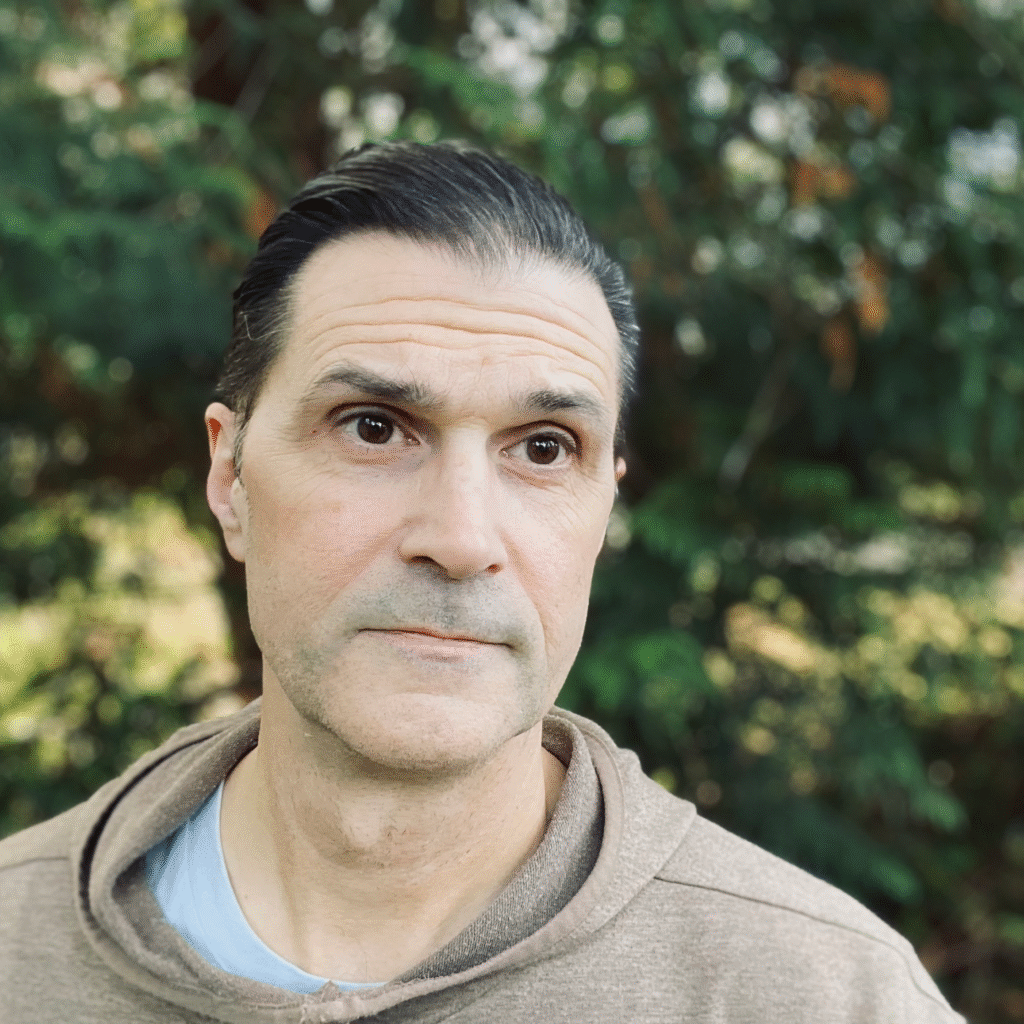
chris carrel
Chris Carrel writes speculative fiction and other odd things from somewhere in the Pacific Northwest. He has been published at Literally Stories, JAKE, and others. He has work forthcoming at Does It Have Pockets?, Dark Winter Lit and Skeleton Flowers.
More!
